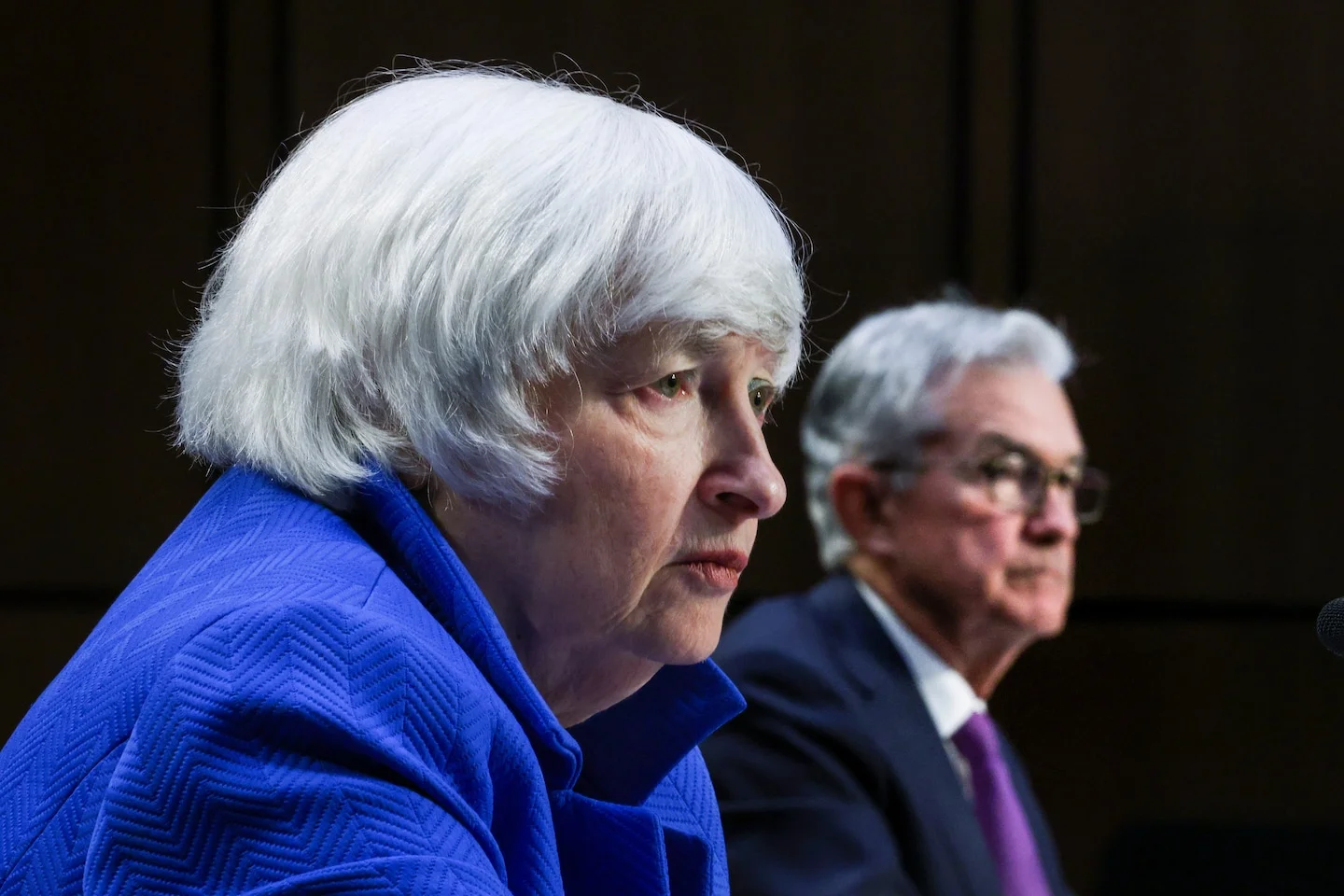Everyone expected a recession. The Fed and White House found a way out.
Everyone expected a recession. The Fed and White House found a way out.

Everyone expected a recession. The Fed and White House found a way out.

The economy’s strength and stability — defying many of the most optimistic predictions — represents a remarkable development after seemingly endless crises
As 2023 winds to a close, Powell and his colleagues are far from declaring victory on inflation. They routinely caution that their actions could be thwarted by any number of threats, from war in the Middle East to China’s economic slowdown. Americans are upset about high costs for rent, groceries and other basics, which aren’t going back to pre-pandemic levels. The White House, too, is quick to emphasize that much work remains.
Yet the economy is ending the year in a remarkably better position than almost anyone on Wall Street or in mainstream economics predicted, having bested just about all expectations time and again. Inflation has dropped to 3.1 percent, from a peak of 9.1. The unemployment rate is at a hot 3.7 percent, and the economy grew at a healthy clip in the most recent quarter. The Fed is probably finished hiking interest rates and is eyeing cuts next year. Financial markets are at or near all-time highs, and the S&P 500 could hit a new record this week, too.